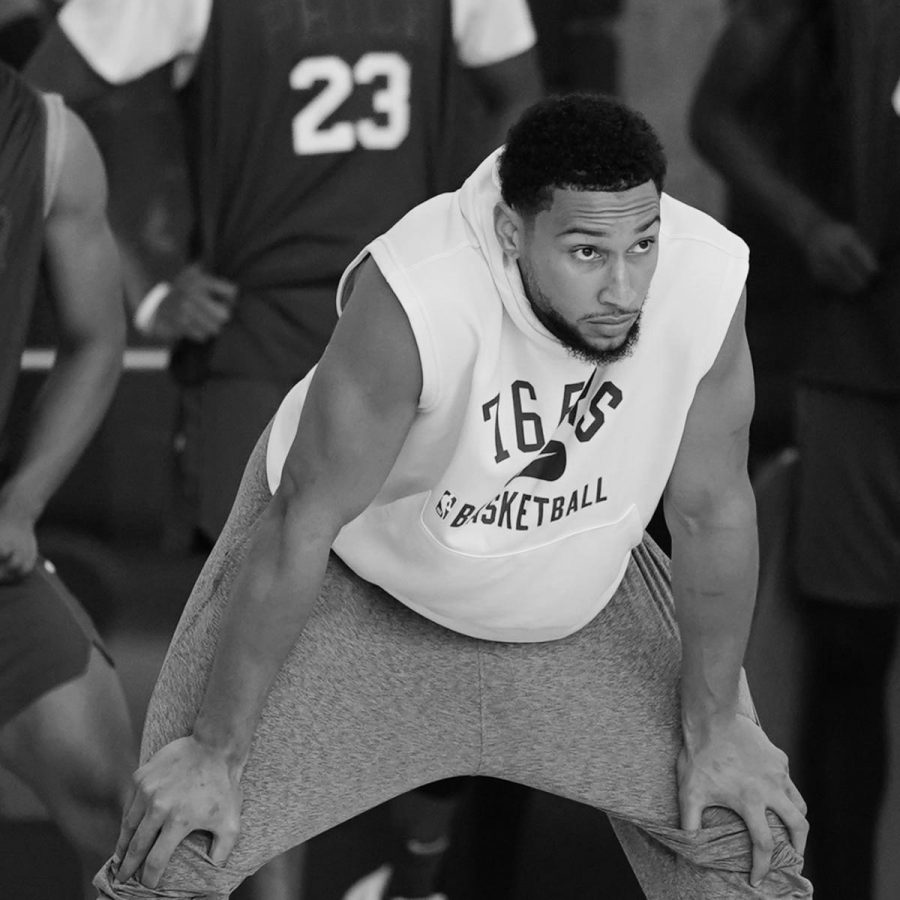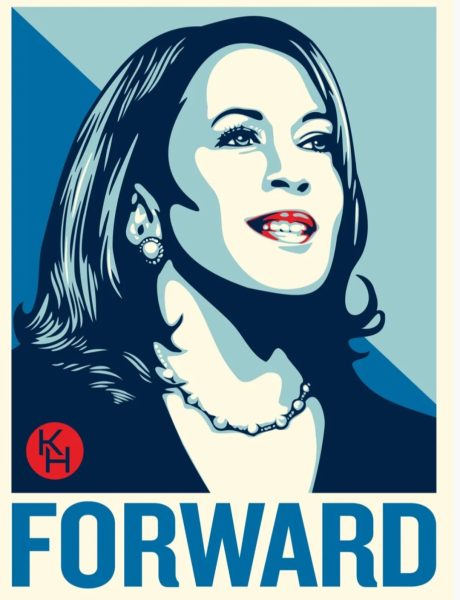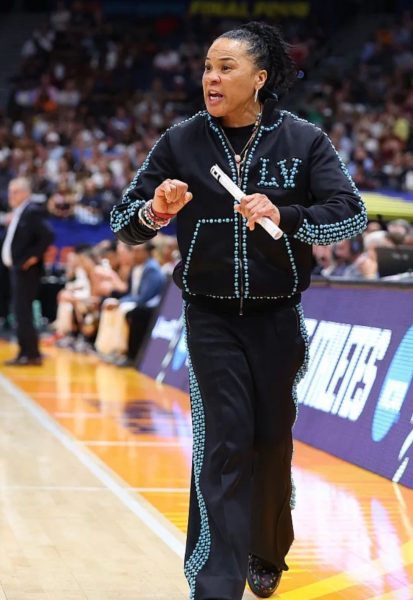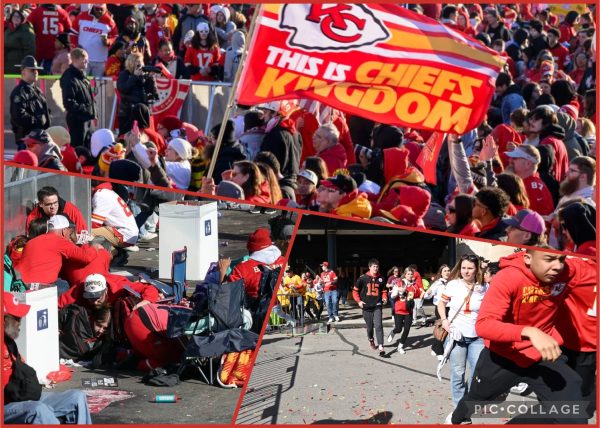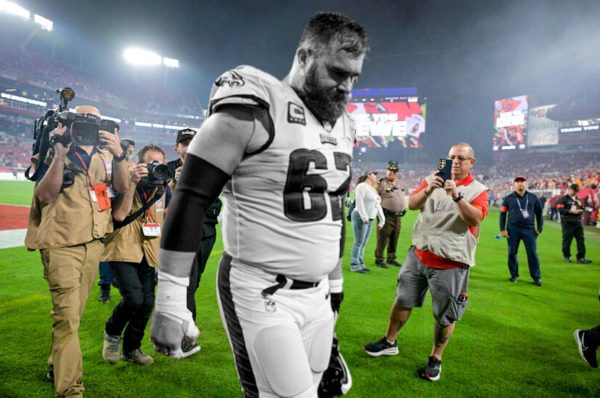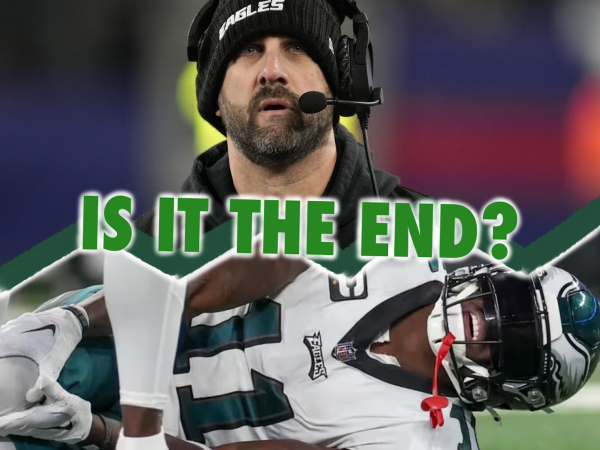Ben Simmons Has Found The Loophole
Ben Simmons, what happened to you? 76ers’s fans, critics, staff, players, and myself alike, ask themselves this question while looking at the team’s mediocre 12-11 record, and thinking back into what “the process” truly could have been.
Unpacking this back and forth conflict between a broken player and a still hopeful organization is a strenuous task. Separating the truth within the lies, this “game within a game” seems to be never ending.
Drafted to the Philadelphia 76ers with the first pick in the 2016 NBA draft, Ben Simmons was a standout player with the utmost potential. He was a player worthy of his all-star status starting from his college career with the NCAA, where stats comparable to his were last recorded in 1994. Simmons had many strengths as an all-around athletic player; passing, defense, and ball handling skills ultimately made him the number one draft pick.
However, Simmons has always struggled with his jumpshot, developing into later struggles with his foul shooting, as he averaged 34% in the 2021 playoffs. This contributed to what ultimately started the media’s critiques in June of 2021, spiraling into the start of the ongoing Sixers vs. Simmons’ controversy.
Leading up to the 2016 draft, while many scouts and teams saw the strengths in Simmons, scout Jonathon Givony saw another major flaw that has played a major role in Simmons’ actions while dealing with his Philadelphia team. In a 2016 scouting report Givony writes, “Simmons’ lack of competitiveness in crucial games has raised questions about his character … Those who know him best say he needs things to revolve around him on and off the court and that he’s often been close-minded to coaching or instruction.”
Givony saw this before any of us came to terms with it. Simmons has displayed this inner
“drama queen” personality, while trying to avoid any interactions and play for the sixers; his true colors have begun to shine through the thick exterior. He has even gone on greater lengths to claim “mental illness” to avoid getting fined for lack of appearance.
After the game 7 loss in the playoff series against the Hawks, the 76ers knew they needed to re-evaluate the future of Ben Simmons on this rising team. Head coach Doc Rivers was willing to work with Simmons before simply throwing him away for new talent, but following the summer off-season, Simmons did not show up to any mandatory team events.
With the support of his teammates, he still refused to reach out or communicate with them. He initially supported Simmons, but Joel Embiid, Simmons’ confidant on the court, has fínally had enough. He addressed the public succeeding Simmons’ incident at practice,, “At this point I don’t care about that man honestly…he does whatever he wants. That’s not my job. …”
With Embiid being the face of this Sixers team, what once was support has turned into a general consensus to start moving on. Spoken from Embiid’s mouth in that same interview, “At the end of the day, our job is not to babysit somebody,”.
Failure to show results in failure of pay. After an excuse of a back injury at the start of the season expired, Simmons began to get fined from his 33 million per year salary, alerting him of his absence on a team that relied on him to play. This is when he and his agent, Rich Paul, found the loophole that would stop the loss of payment for Simmons, while still getting excused-absences. Good timing, right?
In the Collective Bargaining Agreement (CBA) of the NBA, an agreement filled with terms and conditions built into players’ contracts, protecting their salary, it states,“if such failure has been caused by the player’s mental disability”,referring to an excused reason of a player’s failure to play for his team. When Simmons said he wasn’t “mentally ready” to play for the 76ers, by contract, the organization had to stop the deduction of his salary, by storing the fines into a personal escrow account. Simmons and his agent, Paul, have used this to their advantage to further delay his play for the Sixers.
Following this discovery, more evidence arose that raises doubt in Simmons’ mental health issues.
Simmons initially refused to meet with mental health specialist’s from the team’s staff. Instead, he has been reportedly working with doctors from the National Basketball Players Association (NBPA). Further, he will only tell the team about his progress once he feels “comfortable” with doing so, meaning his fellow players and staff don’t know if any conclusive issues have been found or if these sessions have even been helpful.
If Simmons was to come back to the team updating them with news of no mental illness, he would either be forced to play, or fined once again, evidence that he is extending this “mental health” claim much longer than necessary, by not communicating with the organization of his mental status or progress.
Another question Sixer fans are asking is; would Ben Simmons be magically mentally ready if he were traded to another team?
If Simmons’ wish was to come true and he was traded to another team, would his mental issues disappear? He says he’s not mentally ready to play on the 76ers, but that doesn’t mean he has actual mental illness. The CBA is contractually obligated to excuse him but he hasn’t provided any real proof showing serious issues. Real mental issues do not change no matter where you go. Being in Philadelphia might be ruining his self confidence, and confidence to play basketball, but that is not equivalent to mental illness.
Ben Simmons, a proven drama queen, is faking his mental illness to keep his money while staying on the sidelines. The timing, the claims, and our prior knowledge of his character is proof enough. His selfish actions have hurt everyone involved in this conflict, including some hurt at home from these illegitimate claims, seeing their own struggles made insignificant and as a tool for exploitation.


